






 Iran attacks Israel!
Iran attacks Israel! 









JLo




Latest Articles
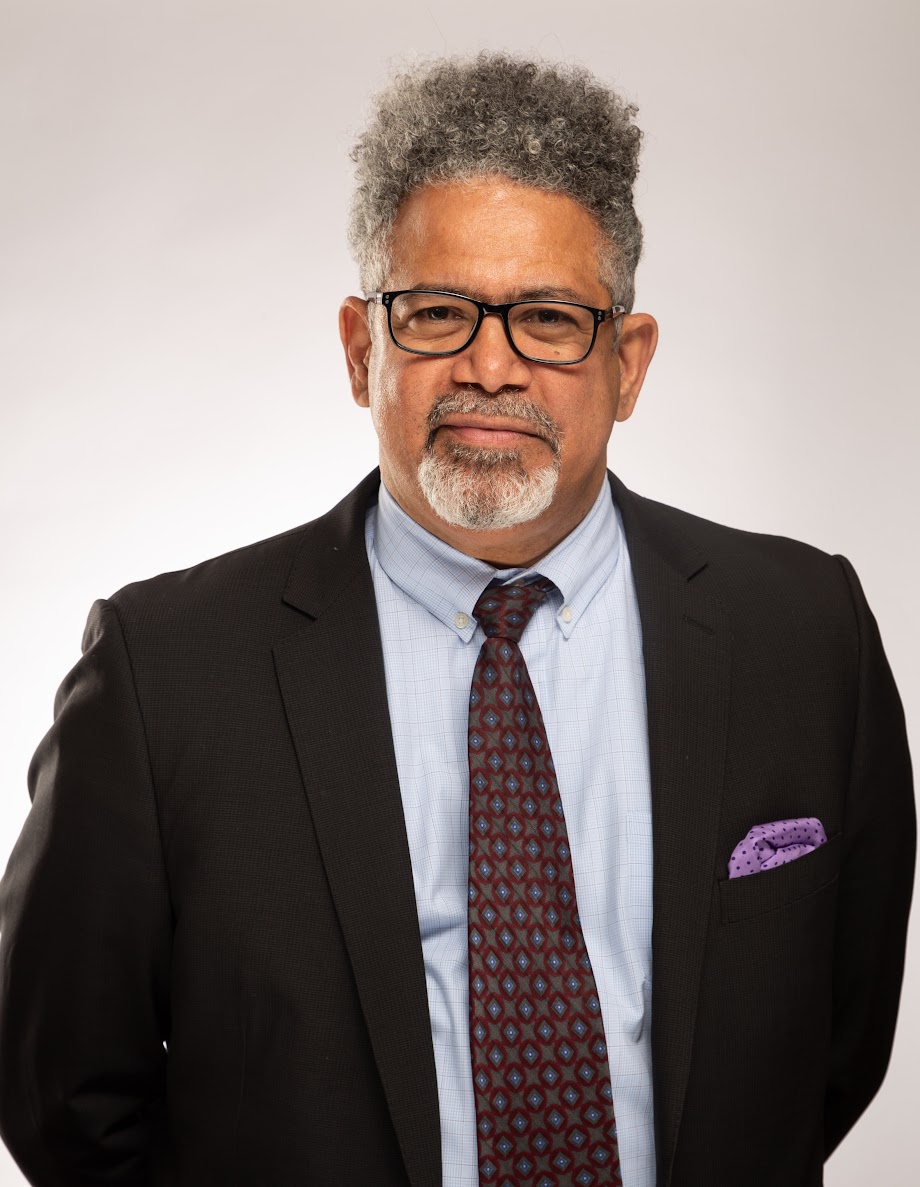
- April 26, 2024
- Community
Claudio Mir MCC 2024 Alumnus!


- April 24, 2024
- Premier League
Arsenal thrashed Chelsea 5-0
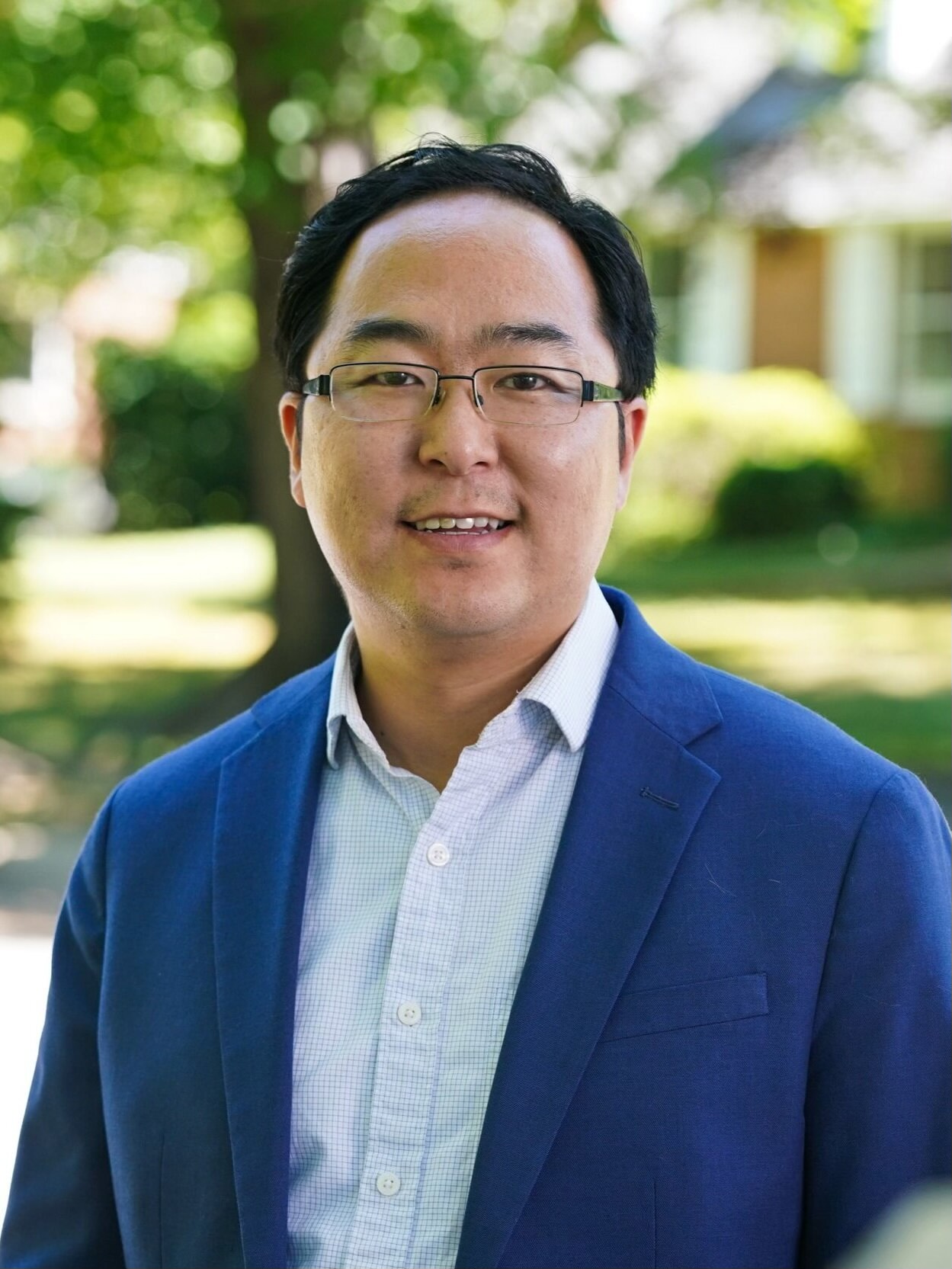
- April 23, 2024
- Community, New Jersey, Politics
Kim’s bid for Senate keeps ongoing!

- April 22, 2024
- India
India’s Election Overheats!

- April 22, 2024
- English Premier League
Liverpool’s English Premier League

- April 19, 2024
- United Nations
US vetoes Palestine UN Membership!
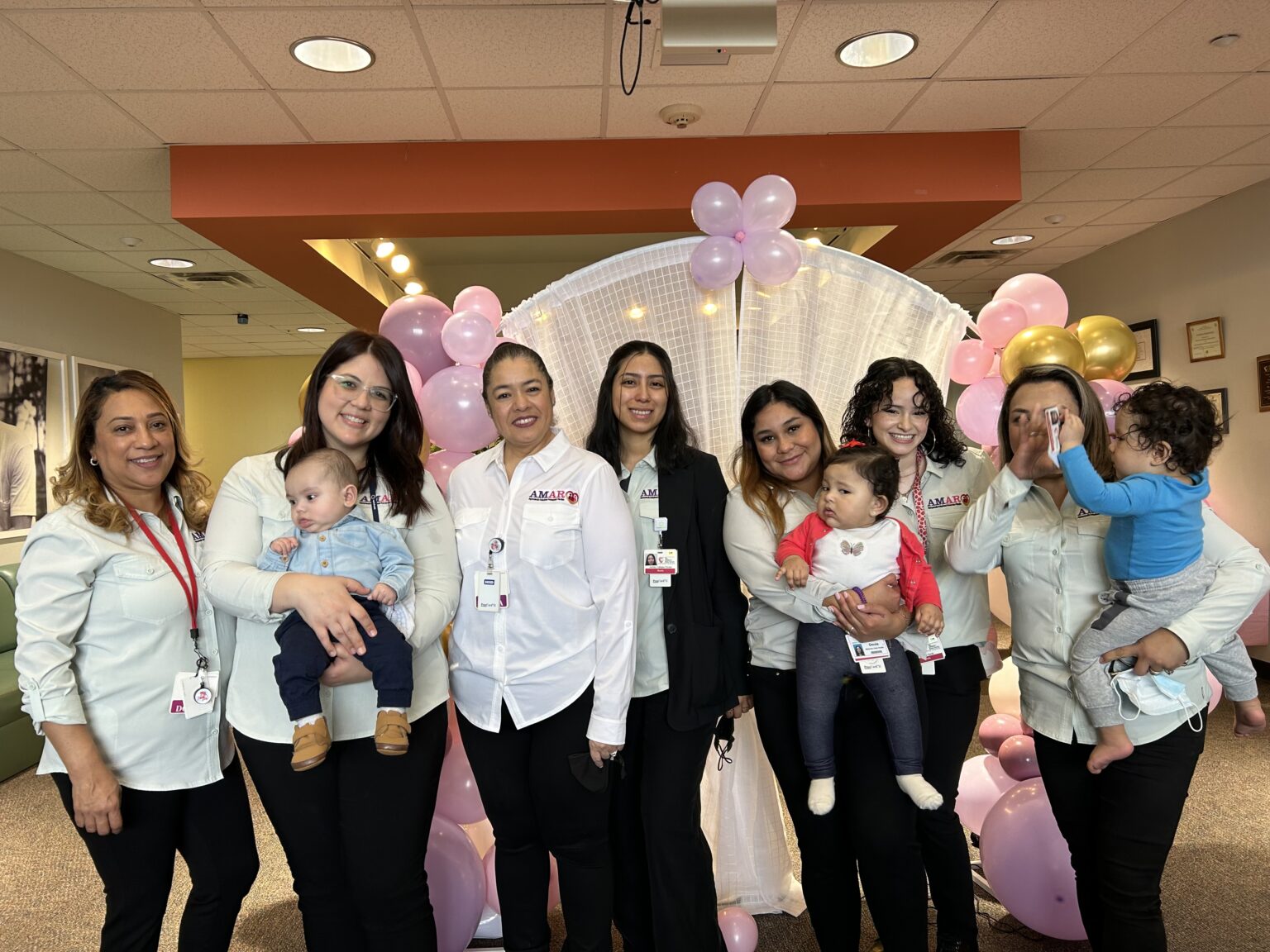
- April 17, 2024
- Community
Perinatal Health with Doulas

- April 17, 2024
- Champions League
Mbappe Tows PSG to Semifinals!

- April 17, 2024
- Champions League
Borussia Dortmund to Semifinals

- April 16, 2024
- España, Medio Ambiente, Reciclaje
Reutilización, nuevo paso adelante del reciclaje
Most Popular

- April 26, 2024
Claudio Mir MCC 2024 Alumnus!

- March 24, 2023
Newark’s Fashion Show
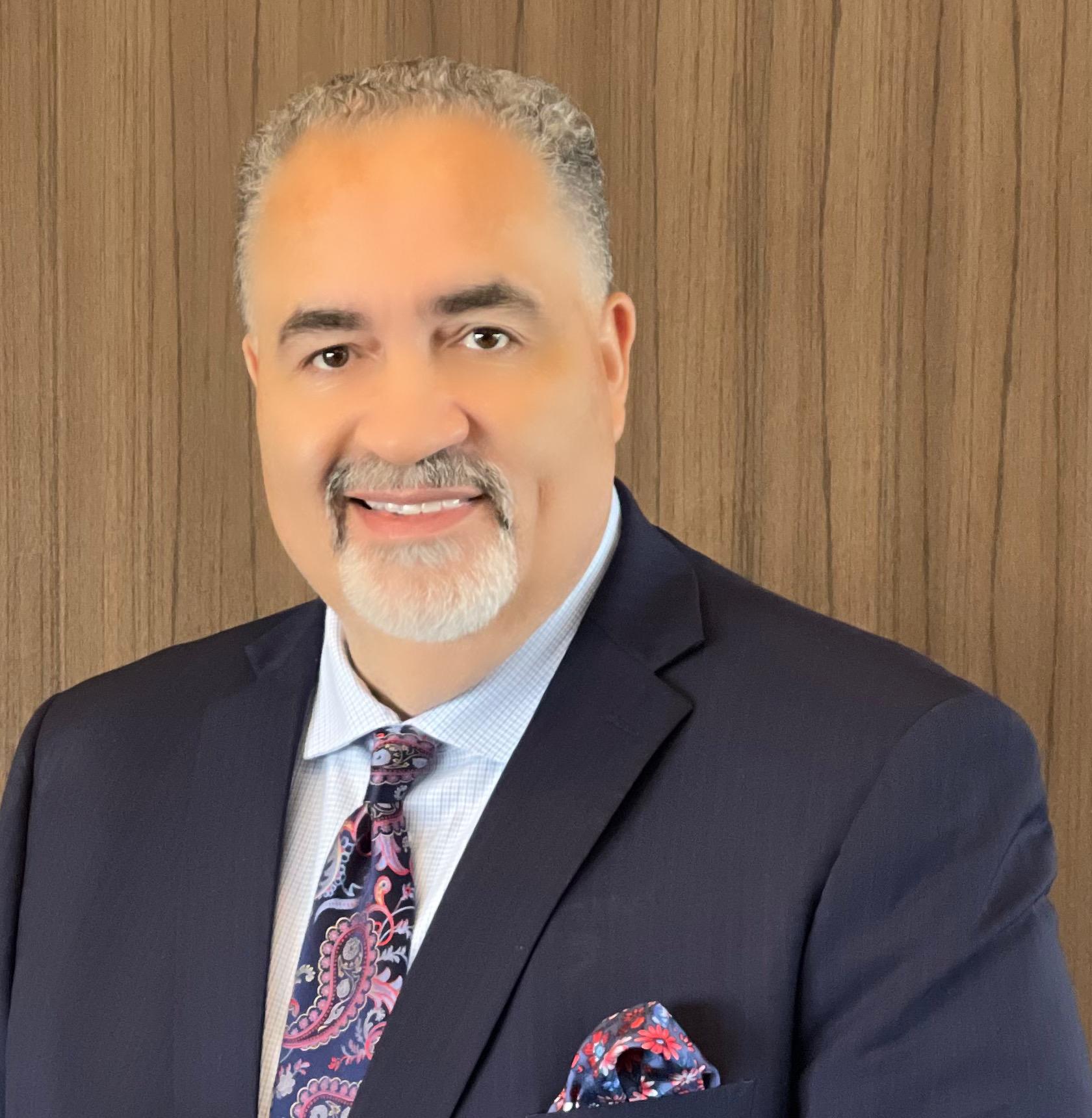
- April 18, 2023
Liberty Park Opportunity Fight

- April 22, 2023
A letter from Congressman Frank Pallone Jr.

- April 22, 2023
May 20 Celebration of Life Race
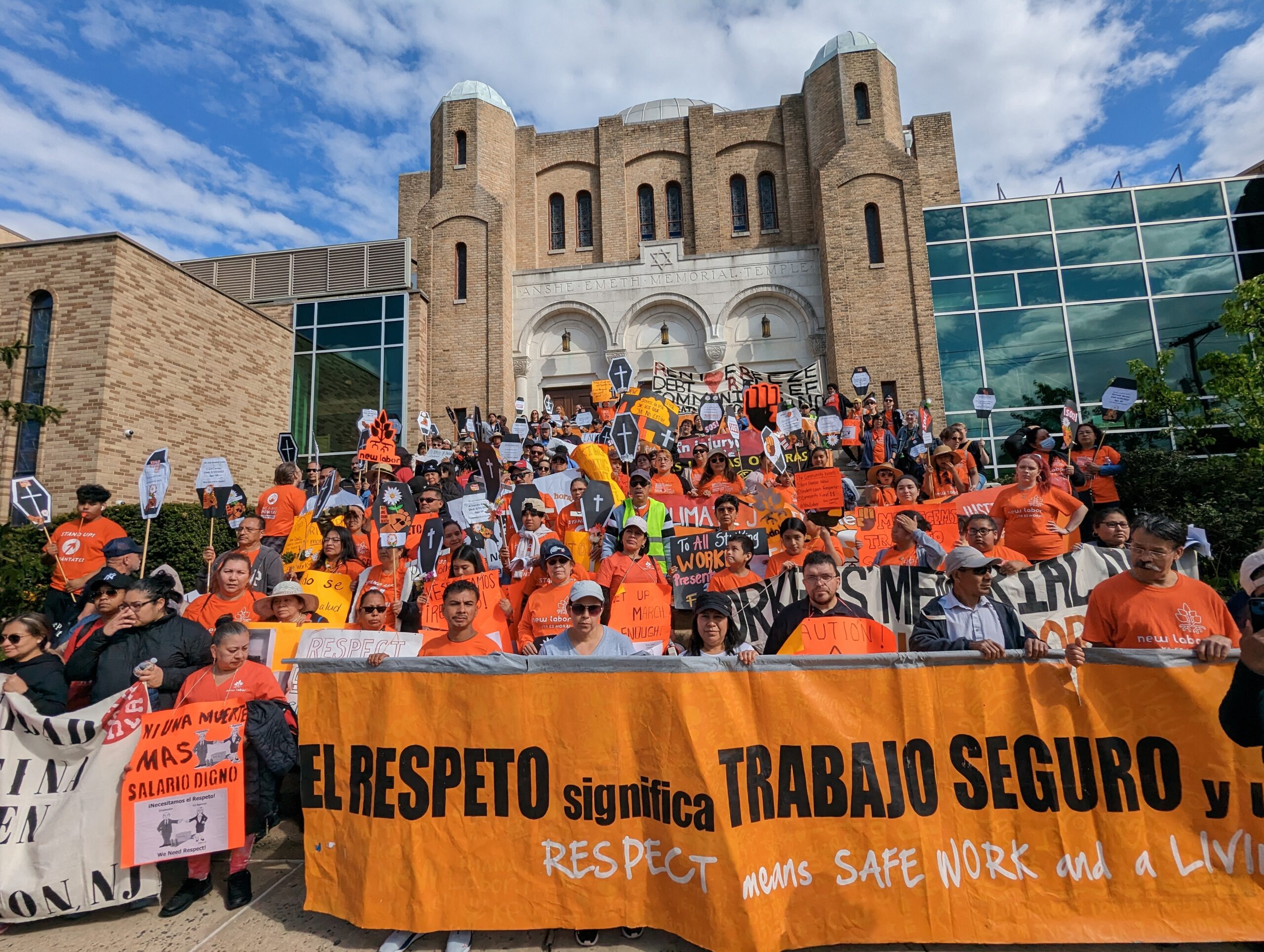
- April 24, 2023



